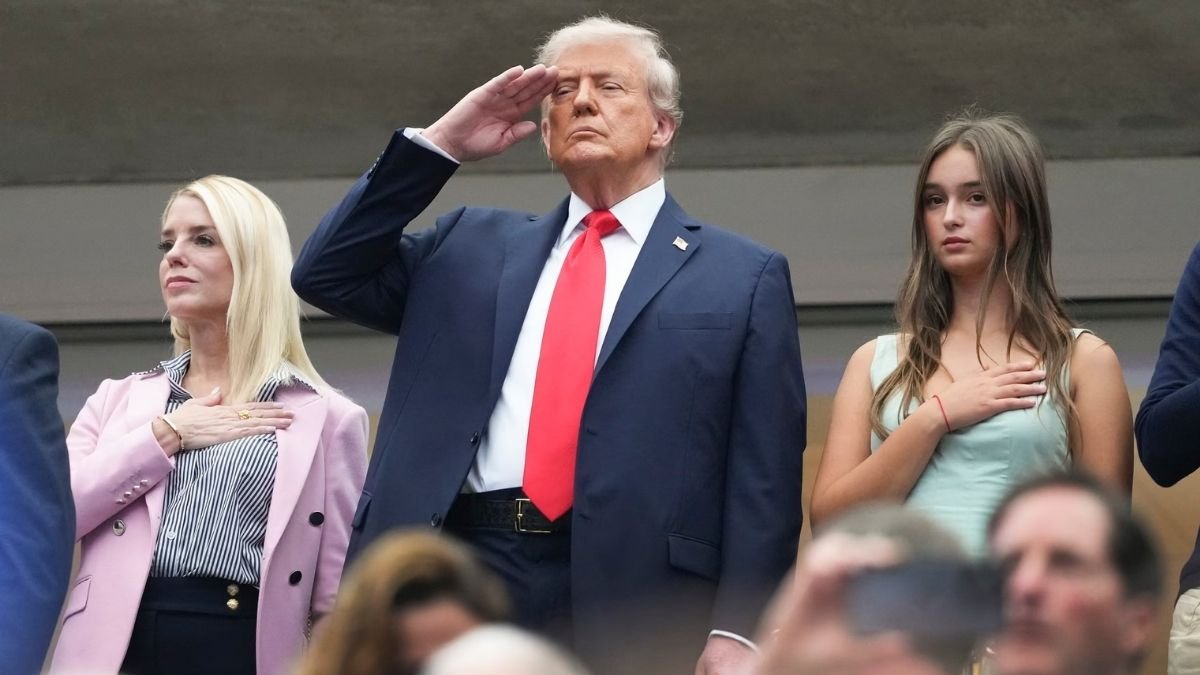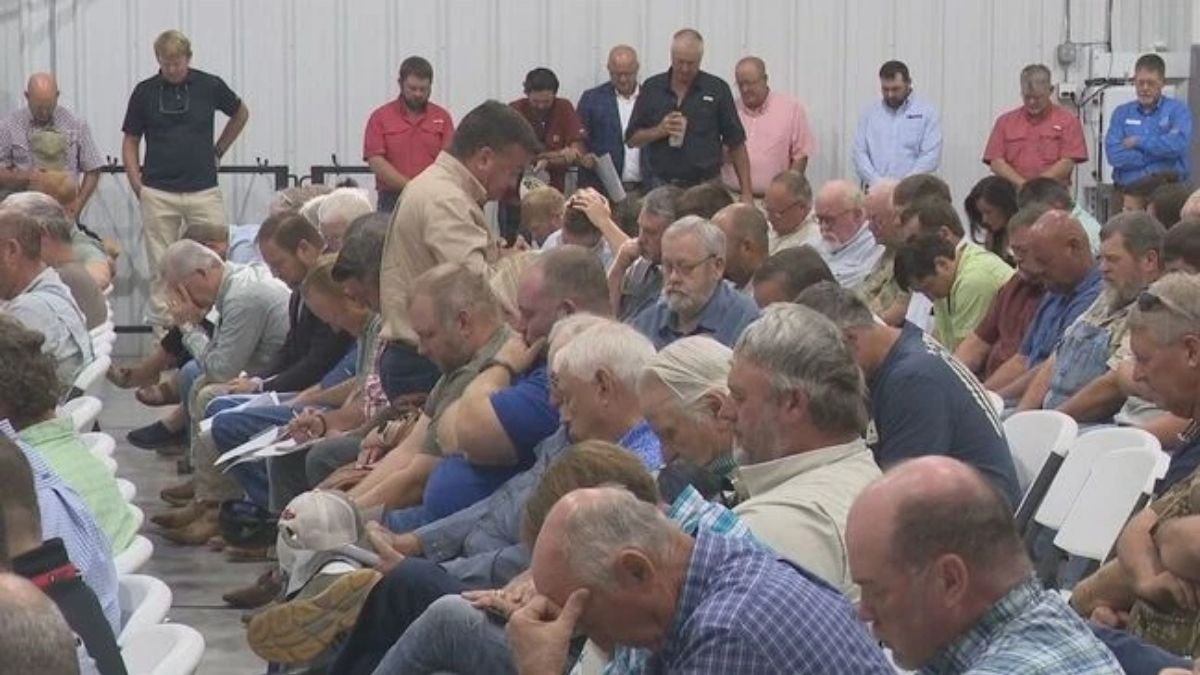Hundreds of federal workers who were laid off during Elon Musk’s cost-cutting campaign are now being asked to return to their jobs.
The General Services Administration (GSA) has given these employees, who were responsible for managing federal office spaces, until the end of the week to decide whether they want to be reinstated. Those who accept are expected to report back to work on October 6.
For many, this comes after seven months of being paid while not working, a costly situation that left taxpayers covering expenses from offices that were supposed to be closed or whose leases had already expired.
Chad Becker, a former GSA real estate official, said these cuts left the agency understaffed and unable to perform basic functions. Becker, now at Arco Real Estate Solutions, explained that GSA has been operating in a “triage mode” for months. According to him, the sudden move to bring employees back shows that Musk’s Department of Government Efficiency (DOGE) pushed its downsizing efforts too far, too quickly.
Founded in the 1940s, the GSA is responsible for acquiring, maintaining, and overseeing thousands of federal workplaces. Its decision to recall employees mirrors similar steps taken by other agencies that were targeted by DOGE. The IRS recently announced it would keep some employees who had resigned, the Labor Department has been rehiring staff who accepted buyouts, and the National Park Service has already reinstated employees who were previously cut.
The GSA played a central role in DOGE’s efforts to reduce the federal workforce. Starting in March, thousands of employees either resigned or took early retirement packages, while hundreds more were let go outright. Many of those dismissed are now the same workers being asked to return. The unusual situation has raised concerns since some employees continued to receive pay during their time away, despite not reporting to work.
When asked about the policy reversal, GSA officials declined to provide details about staffing decisions, employee numbers, or the costs tied to halting lease terminations. In a brief statement, a spokesman said, “GSA’s leadership team has reviewed workforce actions and is making adjustments in the best interest of the customer agencies we serve and the American taxpayers.”
Democrats were quick to criticize the Trump administration’s strategy of cutting jobs and slashing costs without a clear plan. Representative Greg Stanton of Arizona, the top Democrat overseeing the GSA, argued there is no evidence that the workforce reductions saved taxpayers any money. Instead, he said, the cuts triggered confusion while undermining core government services.
At the beginning of the Trump administration, the GSA had around 12,000 employees. DOGE quickly identified the agency as one of its top priorities for downsizing in an effort to reduce what it described as waste, fraud, and abuse in government spending. Reports revealed that Musk’s aides even stayed overnight (sleeping on cots on the agency’s sixth floor) while drafting plans to cancel nearly half the 7,500 office leases and sell off hundreds of federally owned buildings in order to raise billions of dollars.
More than 800 lease cancellation notices were sent to landlords, often without informing the government offices that occupied those buildings. A public list of hundreds of properties set for sale was also posted. But the aggressive plan soon collapsed under pushback.
Of the leases marked for cancellation, nearly 500 have since been spared. These leases covered offices used by major agencies such as the IRS, the Social Security Administration, and the Food and Drug Administration.
DOGE initially claimed that lease cancellations would save nearly $460 million, promoting the figure on a “Wall of Receipts.” But by July, the estimate was reduced to just $140 million. Meanwhile, the internal staffing cuts were severe, with GSA’s workforce at headquarters slashed by nearly 80 percent. Portfolio managers were reduced by 65 percent, and facilities managers by 35 percent, according to a federal official familiar with the matter.
The fallout from these cuts has been costly. In at least 131 cases, leases expired even though the government never vacated the spaces. Property owners then faced empty offices they could not rent out while still charging fees to the government. These expenses further undermined the supposed savings from DOGE’s downsizing efforts.
The scale of the disruption is now drawing the attention of congressional watchdogs. The Government Accountability Office is reviewing the GSA’s handling of its workforce cuts, lease decisions, and planned property sales. A report is expected in the coming months, which may finally provide a clearer picture of just how much damage these aggressive cuts caused.
(This article is based on reporting by AP News.)














